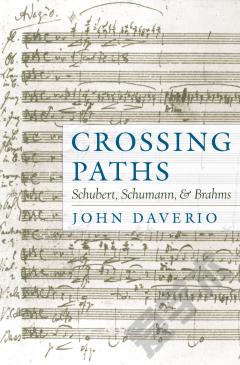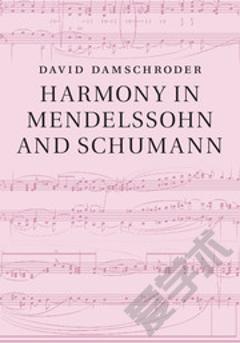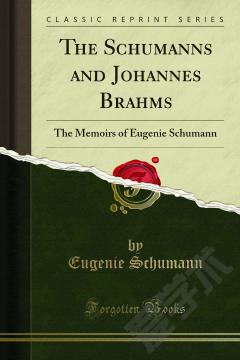Schumann's Eichendorff Liederkreis and the Genre of the Romantic Cycle
Using Schumann's Eichendorff Liederkreis as the primary example, this book sheds new light on the structure of nineteenth century song cycles and on the Schumann's particular response to the problem of musical coherence in large scale works. Drawing on analysis, literary criticism, and source studies, this book argues for a new conception of the nineteenth-century song cycle. Rather than a unified whole, the cycle is seen as a fragmentary and open-ended form that enables Schumann to express the romantic themes of transcendence and ineffability in musical terms. THe book begins with a general discussion of the cycle as a genre. The heart of the book is a series of closely argued analyses of five of the Eichendorff songs, with particular attention on the relationship between text and music. Ferris concludes by setting the Liederkreis within the context of Schumann's other 1840 song cycles.
{{comment.content}}








 京公网安备 11010802027623号
京公网安备 11010802027623号